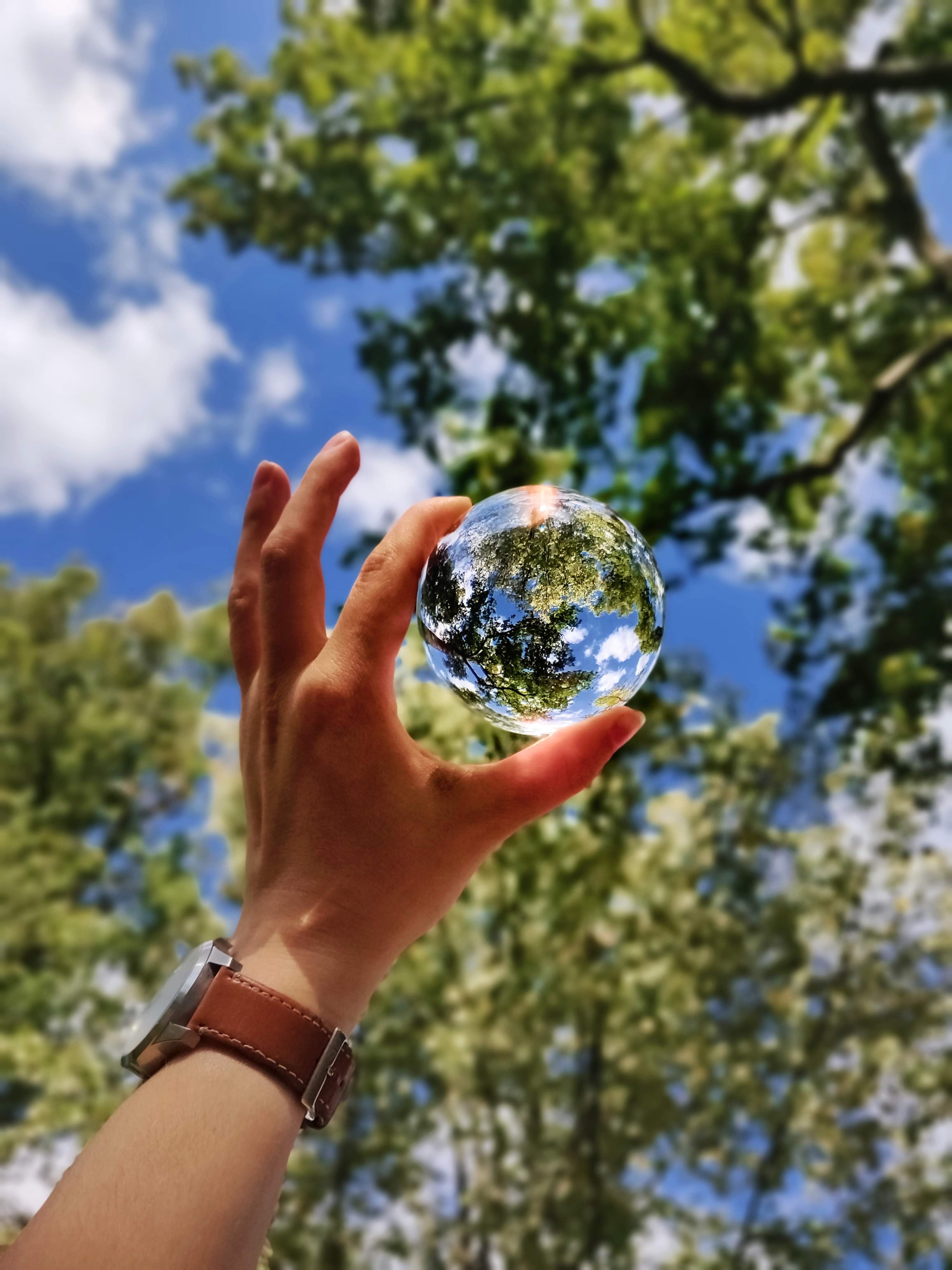A farmers’ protest party shook up the political landscape in the Netherlands on Wednesday (15th March), emerging as the big winner in provincial elections that determine the make-up of the Senate for the next 4 years.
BBB (Boer Burger Beweging - Farmer-Citizen Movement), a right-wing populist party, rode a wave of protests against the government’s environmental policies and looked set to have won more Senate seats than Prime Minister Mark Rutte’s centrist VVD party.
A first exit poll projected BBB won 15 of a total of 75 seats in the Senate (last results at the moment of writing), which has the power to block legislation agreed in the Lower House of parliament (Tweede Kamer der Staten-Generaal), with the VVD dropping from 12 to 10 seats.
The meteoric rise of BBB is a major blow for Rutte’s governing coalition, casting doubt over its aim to drastically cut nitrogen pollution on farms, the single issue upon which BBB was founded in 2019.
Hence, the impact on Dutch Climate Policy will depend on the Governing Coalition that will be made, as GroenLinks and the Labour Party (PvdA), are still big left-wing players, and VVD still has, obviously, a big influence. Who will want to work with these protesting farmers? VVD is neither fond of the left nor the BBB. ;)
We consider that this is the Major Insecurity in the whole narrative and are concerned regarding the impact on National Climate Agreement that is currently in place in The Netherlands.
We strongly believe that at times like these we should not remain neutral or indifferent, so ''buckle up buttercup'', strong opinion post is coming your way! Please continue reading if you are also concerned BUT specially, if you think that ''Iedere Dag [wordt] BBBeter'' ;)
The Dutch Nitrogen Crisis (in a nutshell)
The Netherlands is struggling with high emissions of nitrogen from agriculture, transport and industry, which threaten the country's nature and biodiversity. Agriculture is the main 'root' problem. It has been known for decades that the country's growing livestock herd is causing environmental damage.
The Dutch are one of the largest greenhouse gas emitters in the European Union, and have one of the highest nitrogen balances in the region: nearly twice the European average.
In this case, nitrogen balance refers to the ratio between nitrogen added into an agricultural system, and the nitrogen removed from the agricultural system, per hectare of the land in question.
Ammonia & Nox and the Environmental Impact
Humans have disrupted the nitrogen cycle. Too much of the nitrogen compounds Ammonia and NOx are harmful to the environment, as they lead to acidification, pollute the soil, and disturb the natural balance in the ecosystem by interfering with the biodiversity of plants, animals and humans, impacting also air quality.

The reason for Dutch Farmers' Protests
Hay bales in flames, manure dumped on highways, ambulances blocked, blockades at supermarket distribution centres and demonstrations on politicians' doorsteps! Dutch Farmers have been putting up quite a show and generating global headlines that were even heard by former Trump's administration!
Must be the first time that we agree with Prime Minister Mark Rutte Twitter, when he stated that they "are wilfully endangering others, damaging our infrastructure and threatening people who help with the clean-up".

Dutch farmers aren’t happy because half of all nitrogen emissions in the Netherlands has agriculture origin, and if the Dutch National Climate agreement metrics are to be accomplished, huge changes are needed on Dutch farms.
This Agreement has huge consequences for farmers as they’ll have to significantly reduce their livestock. The proposal features five options for reducing emissions:
- Invest in sustainable technologies to ensure cleaner stables;
- Switch to circular agriculture (i.e. use only the space and resources that are absolutely necessary);
- Adjust the farm’s business model (i.e. limit livestock numbers, change crops, use land to establish another business);
- Move house;
- Quit farming.
As you can tell, this shift will be expensive, and the 'blow of mercy' for some Dutch farmers, and they are not willing to adapt their lifestyle to improve the life of future generations.
Why is BBB's win bad for the Climate Agreement?
Biodiversity is under threat. Native species are disappearing more rapidly here than elsewhere in Europe, according to the Netherlands Environmental Assessment Agency.
These elections willl define who will be in the Senate the next 4 years. The Senate checks the laws and can also vet laws approved by the House of the Representatives.
BBB is now the third-largest political force in the Netherlands, and will probably have a saying in the Senate, which means that the goal of cutting nitrogen emissions in half by 2030 in the Netherlands has been seriously compromised.
This will not allow the Netherlands to do its part to address global warming, as Europe emerges from the second warmest winter on record, and the Summer of 2022 was, also, the hottest on record.
The Dutch agriculture sector has to change, as the large numbers of livestock and heavy use of fertilisers have led to levels of nitrogen oxides in the soil and water that violate European Union regulations.
“If you have less livestock, you have less manure and less production of nitrogen,” said Wim van der Putten, a researcher at the Netherlands Institute of Ecology.
Evidently, this week we took sides regarding the Dutch political landscape, as we strongly believe that business founders have a social and political responsibility to promote the dialogue, as a way to benefit society and environment's well-being and help lessening negative impacts on them.
Demanding Climate Justice is our birthright and it is urgent that we start being braver and speak up!
Finally, we would like to give a big thank you to Esther Gerritsen and Jorne van der Kamp for instigating us and supporting us to write about this topic and to all Scientist Rebels from The Netherlands that joined the protest against fossil fuel subsidies last Friday the 11th in Den Haag, and to all other Scientists all over the globe that make the earth a better place with your courageous actions!
With love,
Marisa








